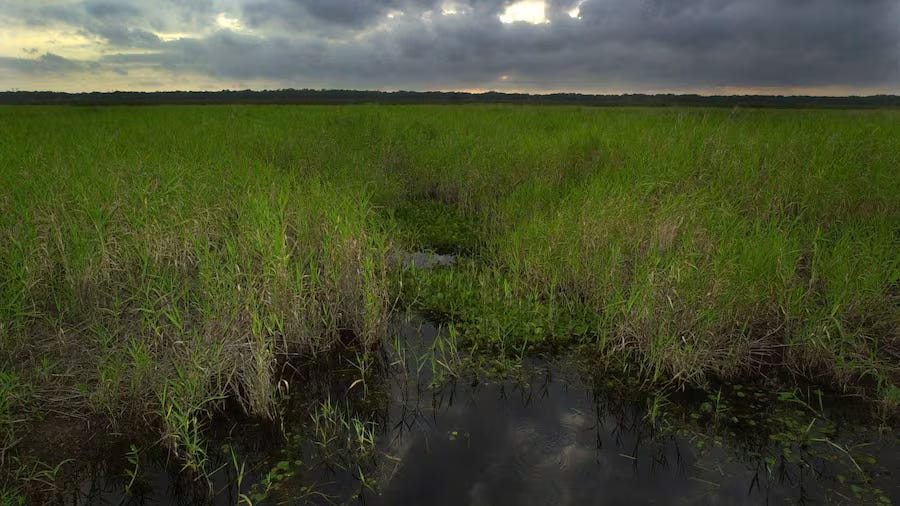State Blocks Manatee County’s Wetland Protections, Citing Hurricane Law
A last-minute intervention by state agencies has halted Manatee County’s plan to reinstate local wetland buffer protections, igniting a political and legal standoff over environmental authority and development policy.
The county commission was poised to vote on restoring wetland buffer zones—30 to 50 feet wide—that had been in place since 1989 but were repealed in 2023 under pressure from development interests. However, just before the scheduled vote, four state agencies, including the Florida Department of Environmental Protection and the Department of Commerce, issued objections. They argued that reinstating the buffers would violate Senate Bill 250, a 2023 law prohibiting 10 counties affected by Hurricane Ian from enacting more restrictive development rules until October 2026.
Manatee County was not among the counties that received hurricane recovery funding under SB 250, prompting local officials to question the law's applicability to their jurisdiction. Commissioners expressed frustration, noting that state agencies had not raised concerns during the months-long review process. The sudden opposition forced the commission to delay the vote, despite broad public support for restoring the protections.
The repeal of the wetland buffers in 2023 had sparked public outcry and influenced the 2024 elections, resulting in the ousting of two commissioners who supported the rollback. Their replacements, along with other commissioners who had reversed their positions, formed a majority in favor of restoring the protections.
Commissioners are now exploring alternative strategies, including denying development proposals that fail to include adequate wetland buffers, as they seek to navigate the legal challenges posed by the state's intervention. The board is also considering legal avenues to challenge the state's interpretation of SB 250 and reaffirm local environmental authority.
The situation underscores the ongoing tension between state and local governments over environmental regulation and development policy, with significant implications for Florida's wetlands and the communities that depend on them.

